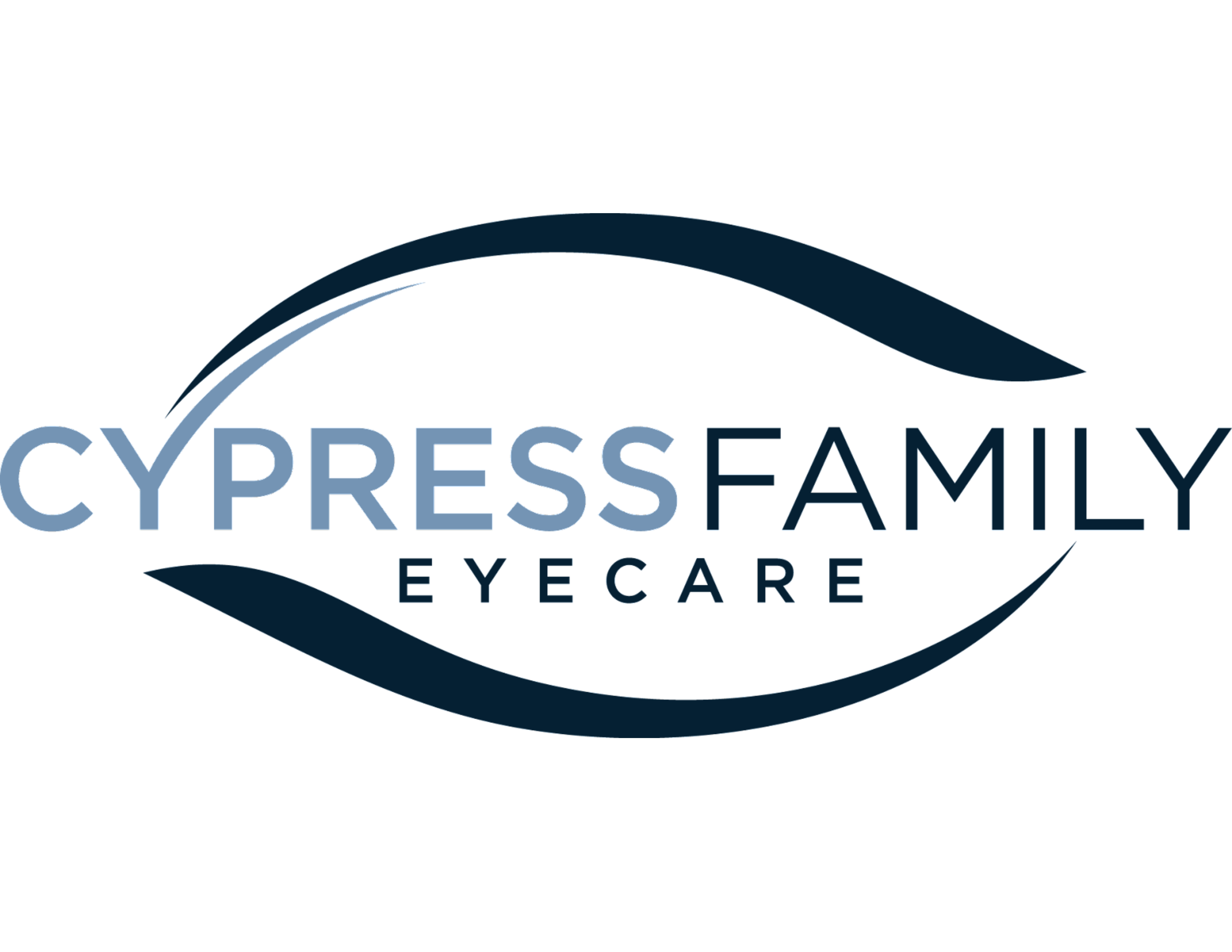Aging affects every part of our bodies, including our vision. As we get older, it’s common to experience changes in how well we see. You might find it harder to read fine print, your eyes may feel drier, and driving at night can become challenging. These changes are a normal part of aging, but it’s important to understand them so you can take steps to maintain good eye health.
Some changes, like needing reading glasses, are minor inconveniences. However, aging can also lead to more serious eye problems like cataracts, glaucoma, or macular degeneration. Knowing about these conditions can help you catch them early when they’re most treatable. Regular eye exams and making healthy lifestyle choices can make a big difference in keeping your vision clear.
Common Age-Related Vision Changes
Presbyopia
Presbyopia often starts around age 40. It becomes harder to see things up close as the lens in your eye loses flexibility. This can make reading, sewing, or even using your smartphone difficult. You might find yourself holding books or menus at arm’s length to see the text clearly. Reading glasses can help with this problem, making it easier to focus on close objects.
Dry Eyes
With age, your eyes may not produce enough tears, leading to dry eyes. This can cause a gritty or burning sensation. It may also lead to redness and blurred vision. Using artificial tears or taking breaks from screens can help manage dry eyes. Drinking plenty of water and using a humidifier can also keep your eyes more comfortable.
Serious Eye Conditions Linked to Aging
Cataracts
Cataracts are a common eye condition in older adults. They cause the lens of your eye to become cloudy, making your vision blurry. Colors may also appear less bright. Cataracts develop slowly, so you might not notice them at first. Eventually, you may need surgery to remove the cloudy lens and replace it with a clear artificial one.
Glaucoma
Glaucoma is another serious age-related eye condition. It damages the optic nerve, often due to high pressure inside the eye. Glaucoma can lead to loss of peripheral (side) vision and, if left untreated, can cause blindness. Regular eye exams can catch glaucoma early. Treatment usually involves eye drops, medications, or surgery to lower eye pressure.
Age-Related Macular Degeneration (AMD)
AMD affects the central part of the retina, called the macula. This leads to a loss of central vision, making it hard to read, drive, or recognize faces. There are two types of AMD: dry and wet. Dry AMD is more common and progresses slowly, while wet AMD is less common but more severe. While there is no cure, treatments are available to slow the progression of AMD. These include special vitamins for dry AMD and injections or laser therapy for wet AMD.
Conclusion
Aging affects vision in many ways, but understanding these changes can help you take control of your eye health. Regular eye exams, healthy habits, and proper eye protection can keep your vision clear as you age. Whether you need non-surgical treatments, surgery, or low vision aids, there are many options to help you maintain your quality of life.
Cypress Family Eyecare is dedicated to helping you protect and improve your vision as you age. Book a medical eye exam today to ensure your eyes stay healthy and strong!
